EXERCISES DATE
www.agendaweb.org/vocabulary/days-date-exercises.html
ORDINAL AND CARDINAL NUMBERS
CARDINAL NUMBERS |
ORDINAL NUMBERS |
||||
|
|
1 |
|
|
first |
|
|
|
2 |
|
|
||
|
|
3 |
|
|
||
|
|
|
|
4 th |
|
|
|
|
|
five |
|
|
|
|
|
|
six |
|
|
|
|
|
7 |
|
|
|
|
|
|
8 |
|
8 th |
||
|
|
|
nine |
|
|
|
|
|
10 |
|
|
|
|
|
|
|
|
|
eleventh |
|
|
|
12 |
|
|
|
|
|
|
13 |
|
|
|
|
|
|
14 |
|
|
|
|
|
|
15 |
|
|
|
|
|
|
|
|
|
sixteenth |
|
|
|
17 |
|
|
|
|
|
|
18 |
|
|
||
|
|
19 |
|
|
|
|
|
|
20 |
|
|
|
|
|
|
|
|
21 st |
||
|
|
22 |
|
|
|
|
|
|
23 |
|
|
|
|
|
|
24 |
|
|
|
|
|
|
25 |
|
|
|
|
|
|
26 |
|
|
|
|
|
|
27 |
|
|
|
|
|
|
|
|
28 th |
|
|
|
|
29 |
|
|
||
|
|
|
thirty |
|
|
|
|
|
31 |
|
|
||
|
|
33 |
|
33rd |
|
|
|
|
40 |
|
40th |
|
|
|
|
44 |
|
44th |
|
|
|
|
49 |
|
49th |
|
|
|
|
50 |
|
|
|
|
|
|
55 |
|
55th |
|
|
|
|
60 |
|
60th |
sixtieth |
|
|
|
66 |
|
66th |
|
|
|
|
70 |
|
70th |
|
|
|
|
|
seventy-seven |
77th |
|
|
|
|
80 |
80th |
|
||
|
|
88 |
|
88th |
|
|
|
|
90 |
|
90th |
|
|
|
|
99 |
|
|
|
|
|
|
|
||||
VERB TO BE
Completa los recuadros con las conjugaciones correctas del verbo TO BE.
DAILY ROUTINES

otros ejercicios: www.agendaweb.org/vocabulary/daily-routines-exercises.html
|
|

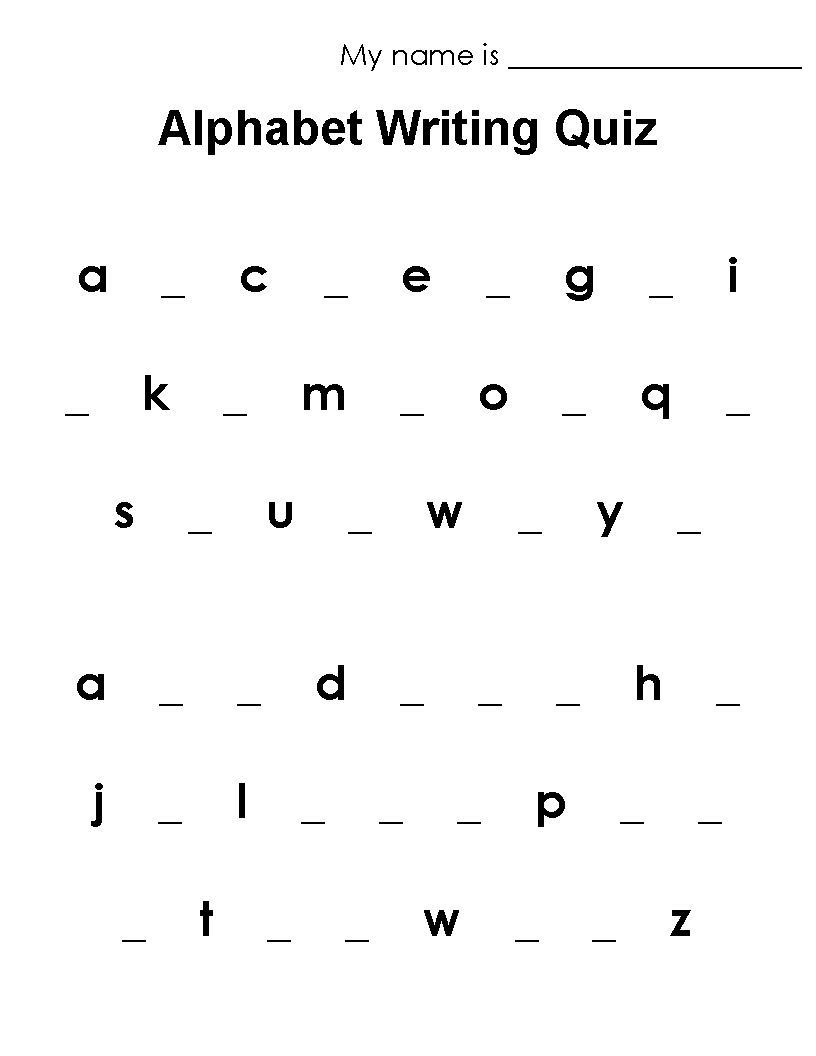


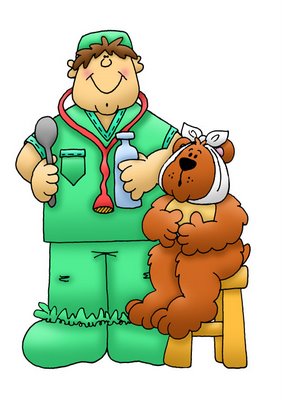
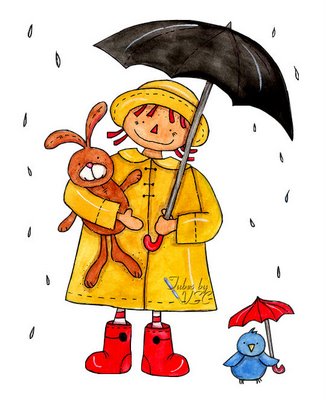
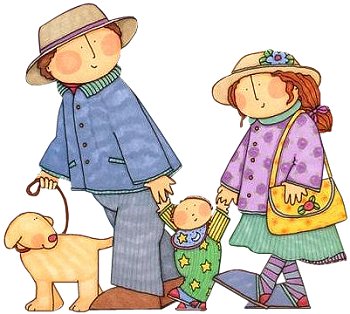
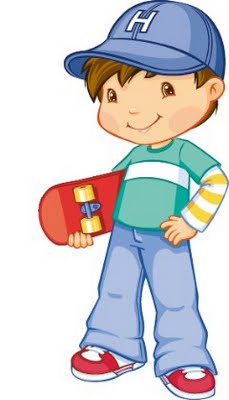

 /
/ 
.gif)
.gif)
.gif)



